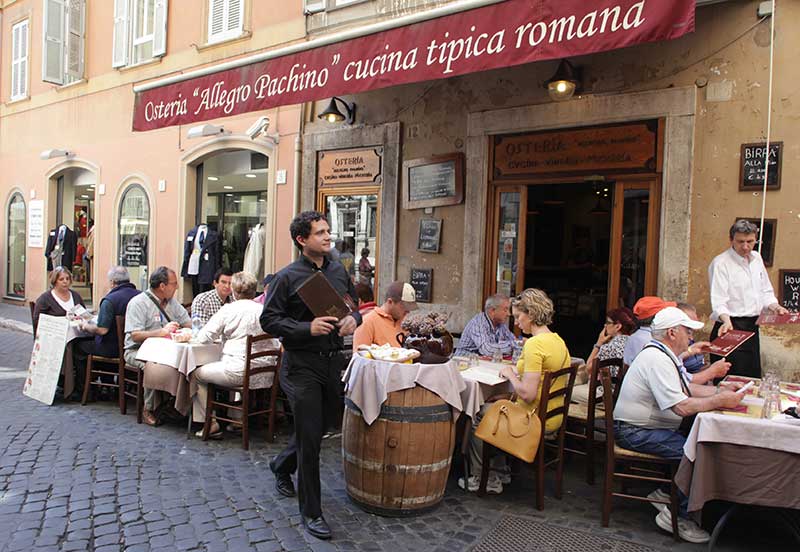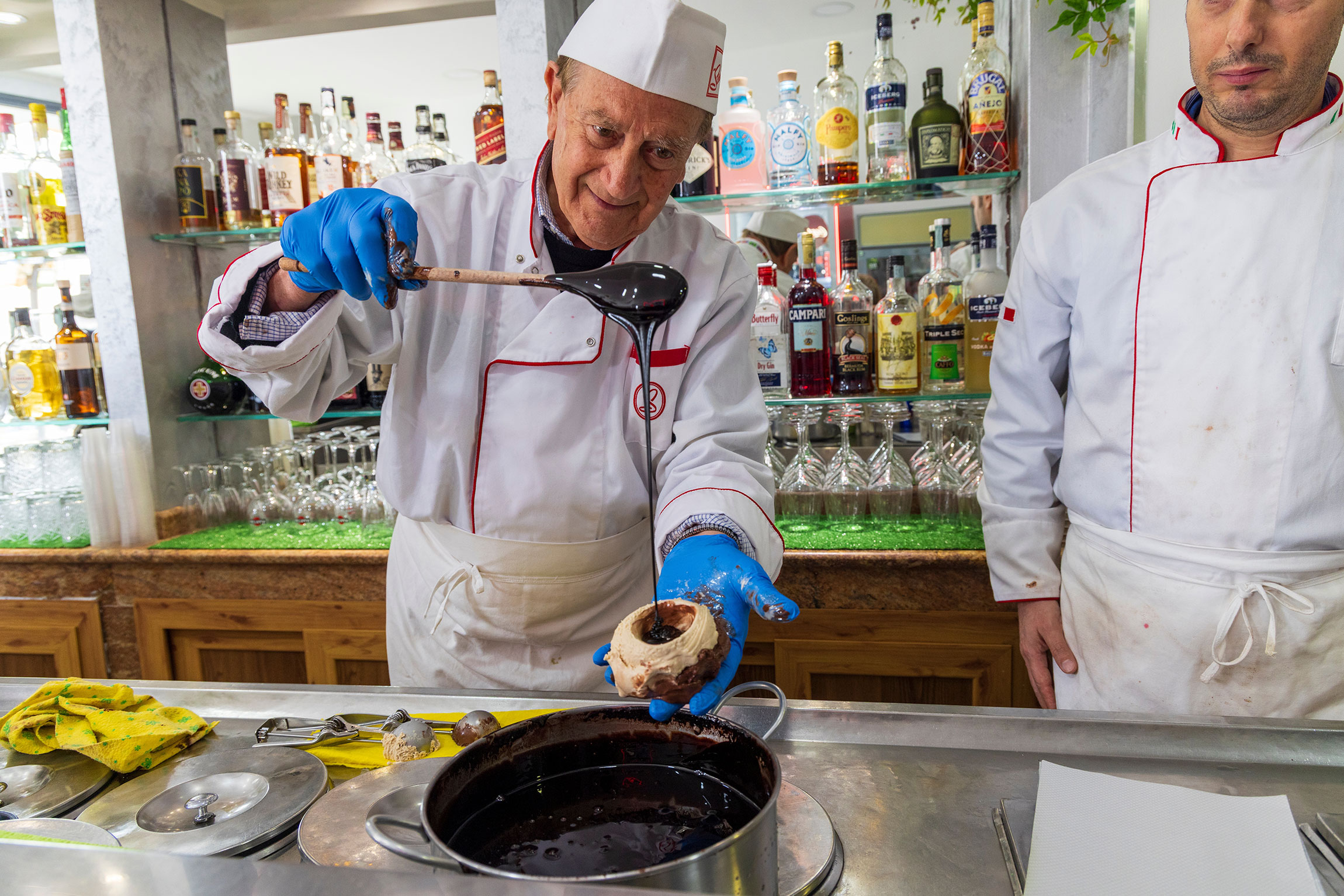There is a bit of Giovanni della Casa in every Italian, you know. What do you mean, who’s he? Della Casa, that dude who wrote the Galateo, in 1558. Not because we’re more courteous and well educated than others, but rather, because we do live by a series of rules most non-Italians ignore and that you’re not likely to be taught in any language or culture class.
You know, the type of thing most non-Italians would consider silly or irrelevant, but that we see as a sign of national bon-ton. To be honest with you, there are quite a few of this unspoken rules around the country, with some of them being more common in some areas than others, but these five are probably the most typical: let’s see if you know any of them!
2. If you ask someone for coffee, you buy!
We are not talking about a planned out coffee date with your friends here, but rather about those impromptu trips to the “bar per un caffè” that often follow a fortuitous meeting with a friend in the street. On any given day, we have at least one or two of these, depending on how much time we spend around town in our lunch breaks or doing shopping. One thing every Italian know — even if no one really tells you about it — is that, in these occasions, the one inviting always pays. There is no point fighting at the till holding your fiver under the barista’s nose: if you didn’t come up with the idea of getting that coffee, you’re not allowed to pay for it. As simple as that.

(Copyright: Dreamstime)
2. Aperitivo is ok also before lunch
In the US, and in much of the rest of the world, aperitivo, that amazing Italian habit bringing together the best points of going for drinks and eating good food, is considered a synonym of Happy Hour. Something you do after work with your mates, before going home. But truth is that in Italy aperitivo is pretty common before lunch, too. Ok, lunchtime aperitivo is usually a thing for the weekend, when you can have a Spritz without having to worry about how that’ll affect your afternoon meeting with the boss, but many people do enjoy it during the week, too. If you pick the right place, you can have a nice lunch aperitivo instead of a regular meal: pizzas, focaccias, sandwiches, olives, frittate and a nice drink. What a fancy way to spend your lunch break, eh?
3. If you are fifteen minutes late, it’s ok. Anything later and you should be ashamed of yourself
We call it quarto d’ora accademico and it comes from the old fashioned habit some lecturers have to wait fifteen minutes before starting a class, so that all students arrive. Or, as it would happen more often when I was in college in Italy, so that lecturers could get that essential coffee between classes without being accused of being late. Indeed, the habit is so appreciated in Italy we extended it to all situations. In fairness, it’s not always true that Italians are perennially late, some of us are pretty precise, when it comes to it. We know how to be flexible, as we are aware there may be a bus running late, or keys that didn’t want to be found. And that’s when the quarto d’ora accademico enters the game, because we accept delays but not longer than 15 minutes. Let us wait for any more than that and you’ll be called a cafone in the best case scenario, or won’t find us at all in the worst.

(Copyright: Dreamstime)
4. We eat our food separate
I admit this is a rule I no longer follow, after having lived 15 years abroad. And this causes often puzzled looks to my plate and also, I am sure, some post prandial comment such as “ have you seen the way she had a spoonful of her pasta and then the chicken and the spinach all in one plate?” To any Italian, the way people mix three or four things considered “mains” in their plate is just weird: nothing wrong in having your steak, potatoes and salad together, but you’ll never catch us with a slice of lasagne, roast potatoes and salad tidily placed in cute triangle shapes on the same plate. That’s something “gli Americani e gli Inglesi” do, not us.
5. Never leave food in your plate: it means you didn’t like it
Italians are big eaters and they love their food, of course. We are known to use food as a way to show affection, to make people feel welcome and you all are aware of how important sharing meals is for us. There is another thing that is quintessentially Italian, when it comes to food: big portions. While they are a blessing, because let’s face it, there’s nothing better than a plate full of deliciousness, it can be difficult to polish up a standard Italian portion of saltimbocca alla Romana plus side, after five starters and a plate of gricia the size of the Titanic. Yet, as hard as it may be: don’t ever leave a single crumble in your plate. Not finishing what you’ve been offered is considered at once offensive to the cook (it may mean you didn’t like it) and impolite. If your host happens to be a lady over 65, please, please, please: don’t even think of doing it, she may decide to slap you on the back of your head, the ways grandmas used to do to us when we were kids.






























